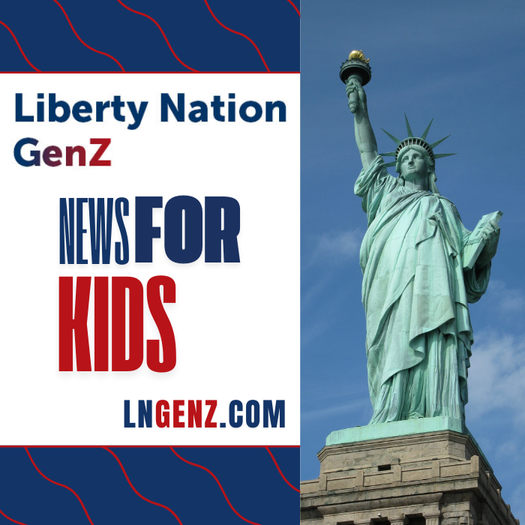It turns out that the 20% inflation Americans experienced over the last few years produced dire financial consequences for the public. One credit product that has gained significant popularity since 2021 is Buy Now Pay Later, also known as BNPL. This instrument, which enables immediate purchases whether the buyer can afford them or not, is ubiquitous across the US marketplace, whether at the Walmart checkout counter or the DoorDash app on your smartphone. However, a recent decision could have lasting consequences for consumers.
FICO Targets Buy Now Pay Later
Major credit reporting firm FICO announced in June that it will introduce buy-now-pay-later loan data into its credit scoring model. The agency will utilize FICO 10 BNPL and FICO Score 10 T BNPL: The former provides a snapshot of consumers’ creditworthiness, while the latter considers trends and patterns. It will take effect this autumn.
Julie May, vice president and general manager of B2B Scores at FICO, says it will help lenders accurately evaluate borrowers’ readiness, “especially for consumers whose first credit experience is through BNPL products.” Put simply, credit scores will be influenced by consumers’ BNPL habits.
In a July 14 interview with Fox News Digital, credit restoration expert Micah Smith warned that this could be a positive way to bolster your credit report, but it could also be a “pretty large catastrophe.” She noted that if borrowers are not repaying the loans on time, then “this is where we’re really gonna see a dramatic decrease in credit scores.” Considering some of the data, Smith could be right.
BNPL for a Burrito
So, is there even a market for this? Absolutely.
Earlier this year, DoorDash announced it was partnering with BNPL provider Klarna to offer users the option for food orders over $35. So, if you are hungry for a couple of Big Macs and a vanilla shake but do not have the money, you could split the McDonald’s bill into four interest-free payments or defer the payment until a more convenient time.

As this product becomes more prevalent, consumers are increasingly falling behind. A June study by LendingTree found that approximately 40% of BNPL users have experienced late payments from the numerous BNPL services, up from 34% in the previous year. Additionally, 25% of customers rely on this service for everyday goods, up from 14% a year ago.
LendingTree’s chief consumer finance analyst, Matt Schulz, told CNBC this past spring that BNPL is more attractive than credit cards for borrowers because they do not charge interest. However, consumers could incur higher fees if they pay late, which can escalate into a problem if the loans accumulate. “I do think it’s going to get worse, at least in the short term,” said Schulz. “I don’t know that there’s a whole lot of reason to expect these numbers to get better in the near term.”
One reason for the industry’s staggering growth is inflation. While price pressures have stabilized, households are still struggling to catch up from the last few years, forcing families to use BNPL to buy a week’s worth of groceries. “For an awful lot of people, that’s going to mean leaning on buy now, pay later loans, for better or for worse,” he said.
But prices at the local Wendy’s or Burger King suggest that fast food – or good food served quickly – is gradually becoming a lavish treat for many people. According to a May 2024 survey by LendingTree, nearly 80% of Americans view fast food as a “luxury,” particularly among low-income households, parents with young children, Generation Z, and women. The good news, however, is that a majority (56%) have decided to make food at home.
Masking Affordability
A May 2025 paper by Kansas City Federal Reserve economists concluded that smaller, interest-free installment plans could disguise the actual cost of items, making some individuals “perceive purchases as more affordable than they really are, increasing the risk of overspending, debt accumulation, and even default.”
“Their results also suggest a high correlation between consumers who make late payments on BNPL loans and those experiencing financial vulnerability or distress, implying that some BNPL users with late payments may have overspent or overextended their debt through BNPL,” the paper stated.
BNPL is a reminder of TANSTAAFL (There Ain’t No Such Thing as a Free Lunch). The famous acronym used by legendary economist Milton Friedman reminds us that everything has a price, even if it is deferred or hidden. Many consumers will have to remember this the next time they use a buy-now-pay-later loan for a DoorDash order of sushi.
Liberty Nation does not endorse candidates, campaigns, or legislation, and this presentation is no endorsement.

















